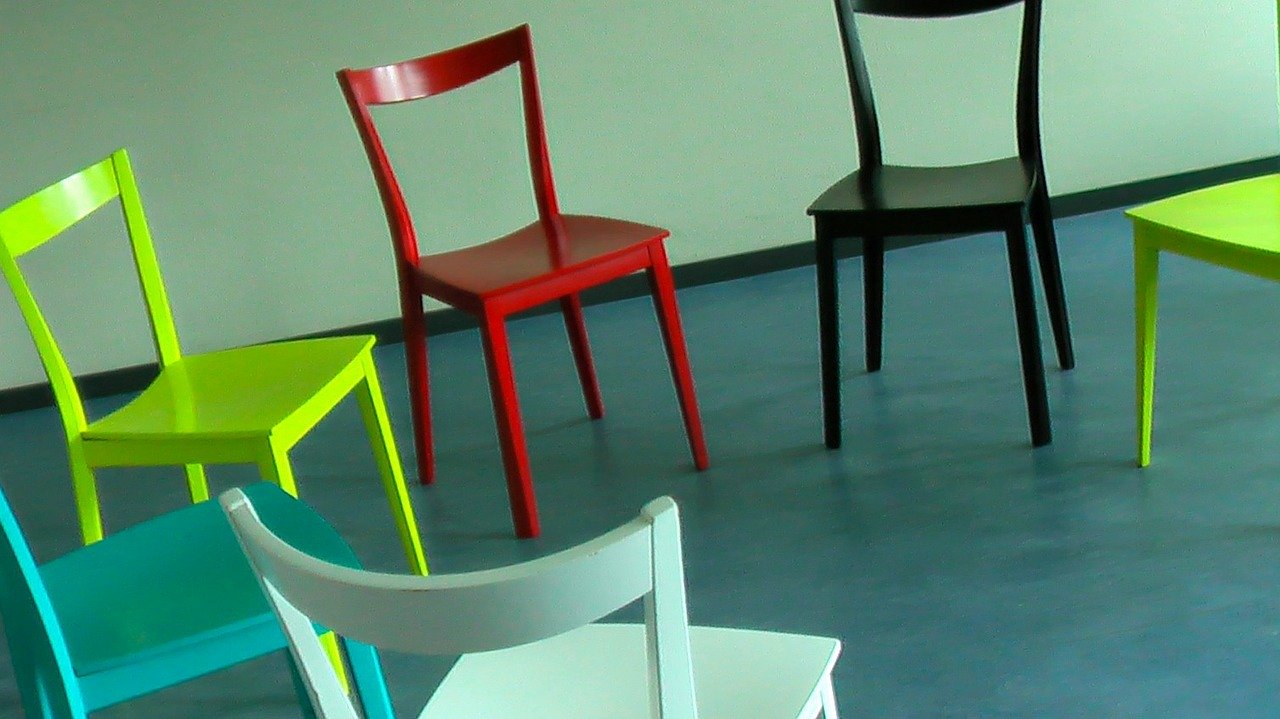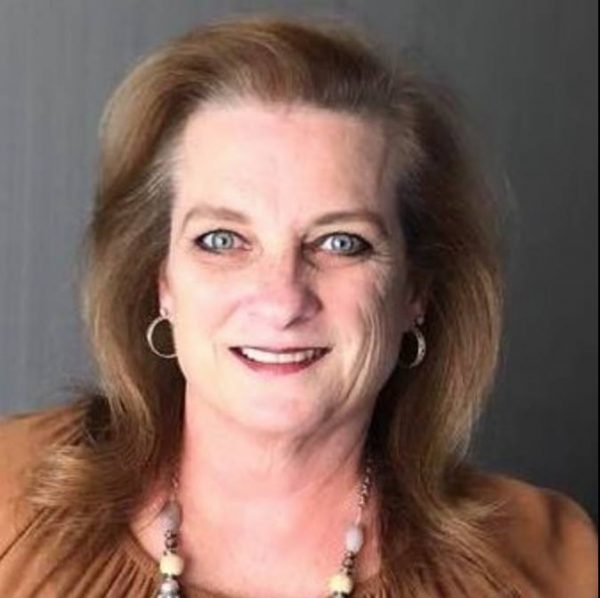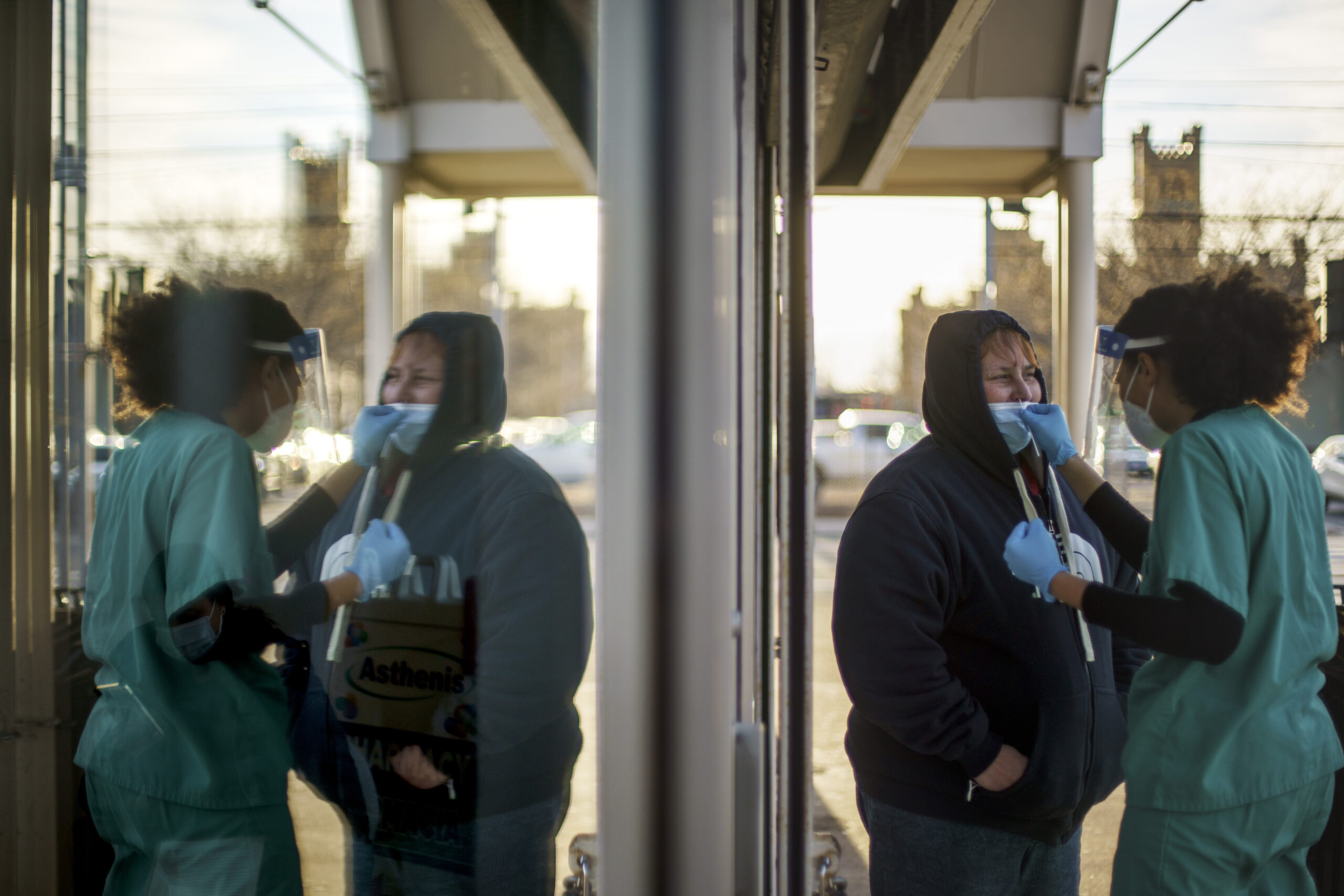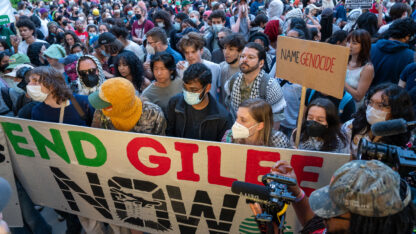‘Connection Is Opposite Of Addiction’: Georgia Rehab Center Highlights Pandemic Struggles

Missy Owen, founder and CEO of The Zone, a Georgia rehab and recovery center, says the pandemic has put on a strain on many of the services needed to help people experiencing addiction cope.
Pixabay
Many people with addiction who are having a tough time getting the help needed to stay sober during the coronavirus pandemic are turning to the rehab and recovery facility known as, The Zone.
Missy Owen is its founder and CEO.
Their website reads, “The Zone is a safe haven of acceptance for anyone in any stage of recovery. It is a Recovery Community Organization (RCO) to support long-term recovery and re-entry.”
The Zone is located in Cobb County and is one of a few facilities that stayed open during the pandemic.
Owen shared with WABE’s “Morning Edition” host Lisa Rayam that helping people with addiction cope is a personal mission.

“In 2014, I lost my oldest son Davis to a drug overdose. I just thought what he went through was cruel, and we wanted to make a difference for others,” Owen said.
She explains that in the recovery community, connection is the opposite of addiction. When Georgia Gov. Brian Kemp called for Georgians to shelter in place, it created a whole different problem for people in recovery.
Owen said, “The way that they work on their recovery is through their network. A network is a vital piece of recovery for people that have the disease of addiction. The restriction of services for people because of COVID was horrendous. Detox was almost nonexistent, support group meetings stopped in a lot of places, and there was a time when virtual meetings–people were still trying to figure out how to set them up. They were not readily available in the beginning.” She added, “A lot of people who went into recovery relapsed. A lot of people turned to drugs because nothing else was available.”
Owen says The Zone did not close their doors during the early days, weeks and months of the pandemic. “Because of that, we were considered first responders. Because our recovery coaching service never stopped,” she said.
Owen added, “If cases spike, we see cases spike here. I think it has a direct correlation.”








